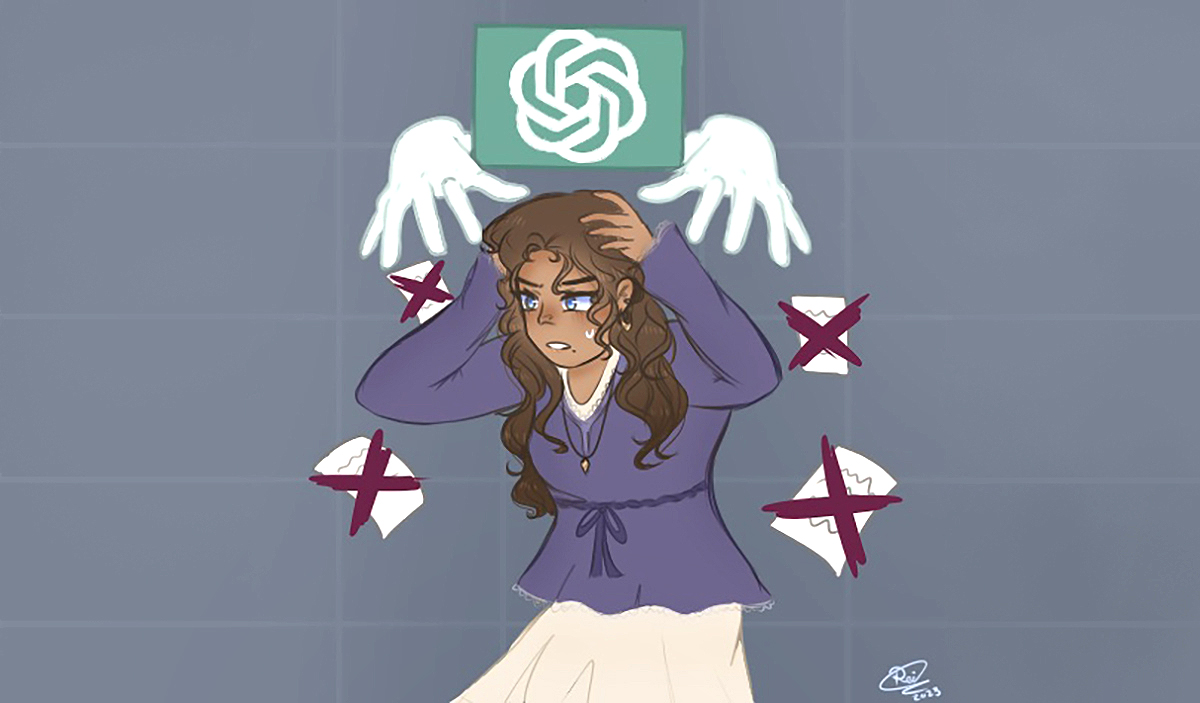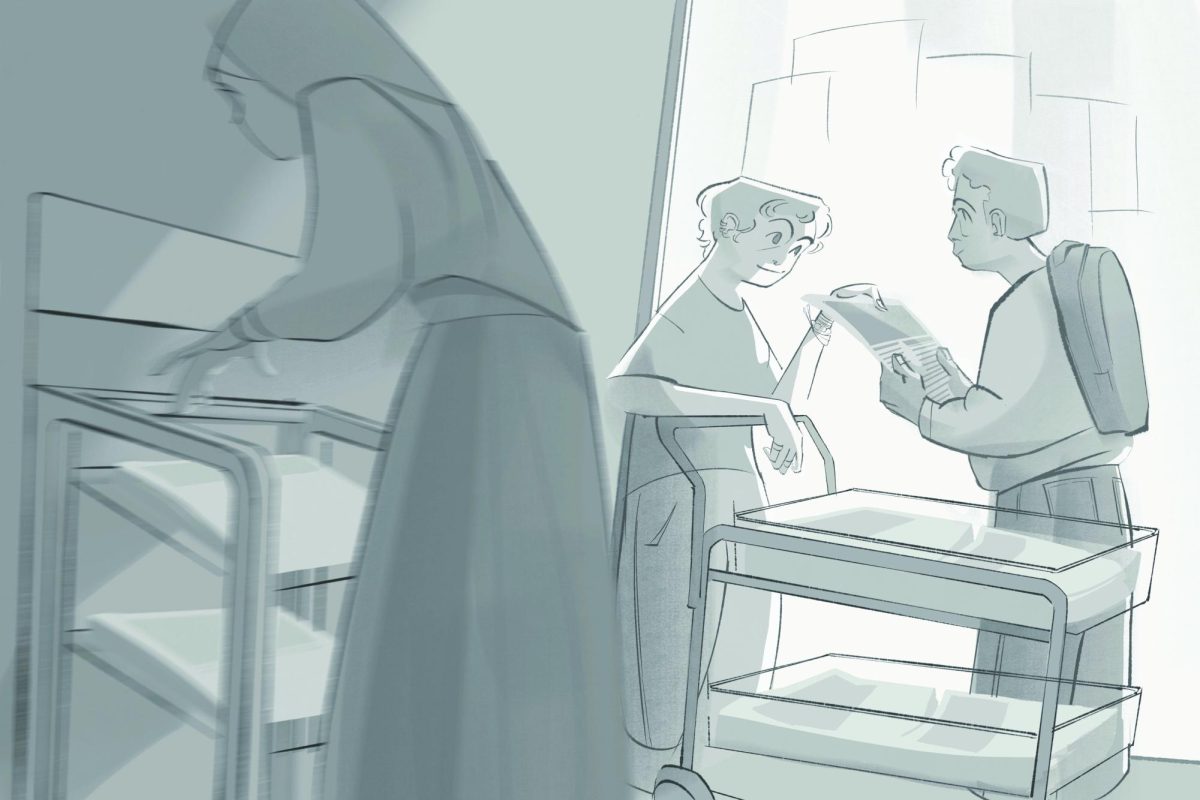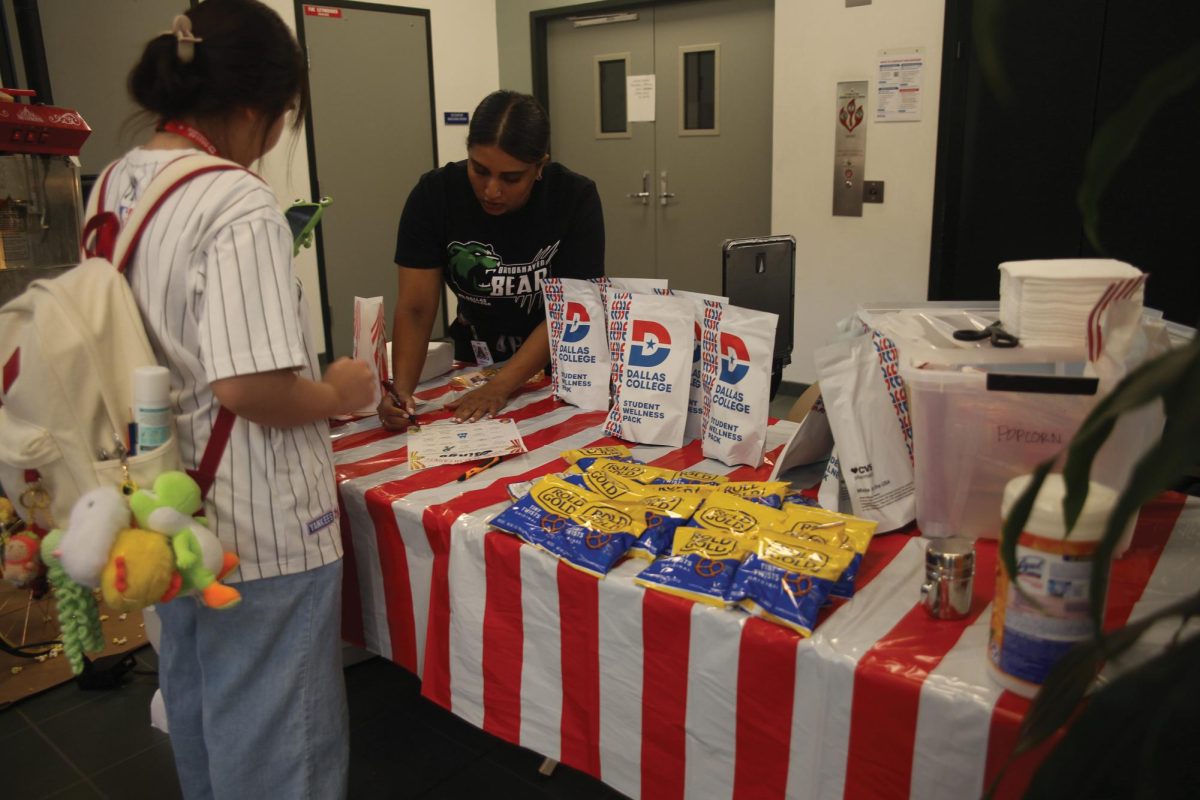Artificial intelligence has already made its mark on education and classroom learning. Due to new platforms such as ChatGPT, students have faced the temptation to use AI for written assignments, such as essays and online discussions.
However, professors say with AI still being relatively new, the misuse of it in assignments has not been too prevalent in the classroom. Some professors said they have not seen it at all, while others have seen only a handful of cases among hundreds of students.
Aaron Clark, English professor at Brookhaven Campus, said, “Most students aren’t going to try to use AI to write their papers, at least in English class. It’s just a few.”
Some faculty feel AI is going to further bridge the gap between those who are determined to learn and reap the benefits of getting an education versus those just trying to pass the class. Hurshel Burton, an English professor at BHC, said, “It’s going to create a wonderful adaptability to either really use your brain and go through the process of thinking or become a part of the population that’s always looking for shortcuts and looking for ways to not do something.”
Some professors have preventive measures in place, which include talking to their students, assessing the situation and using online tools such as Turnitin. Any students worried their original work is going to be marked as AI due to platforms such as Turnitin should not fret, as one-on-one communication plays a critical part in discovering whether plagiarism is involved.
Clark said: “I intervene in my student’s writing process all throughout. I know who’s writing and who’s not. If they’re not showing up to class and writing their drafts, then that’s kind of a red flag that maybe AI will show up later.”
Despite the potential negative outcomes AI can produce, some English professors, including Melissa Lindley, English professor at Brookhaven, said they are not as worried about the negative implications and feel students can use AI as an aid to their education in the form of creating an essay outline or generating a prompt.
Lindley said: “Students who were using it to help them with brainstorming, revising, those kinds of things, that’s good. That’s 100% positive. But whenever you get into research territory or actual writing territory, that’s when it becomes problematic.”
Overall, professors said they want to encourage students to use their creativity and analytical thinking when completing coursework, and even outside the classroom.
Burton said, “I want students to realize ‘My voice is important, and I need to find my voice whether it’s creative, or whether it’s a very methodical scientific voice I need to find it.’”
Lindley said the use of AI is a slippery slope, but with proper use and education, the outcome has the potential to support uniqueness. “It’s like with every new technology, we kind of have to see how humans are going to use this technology,” Lindley said.








